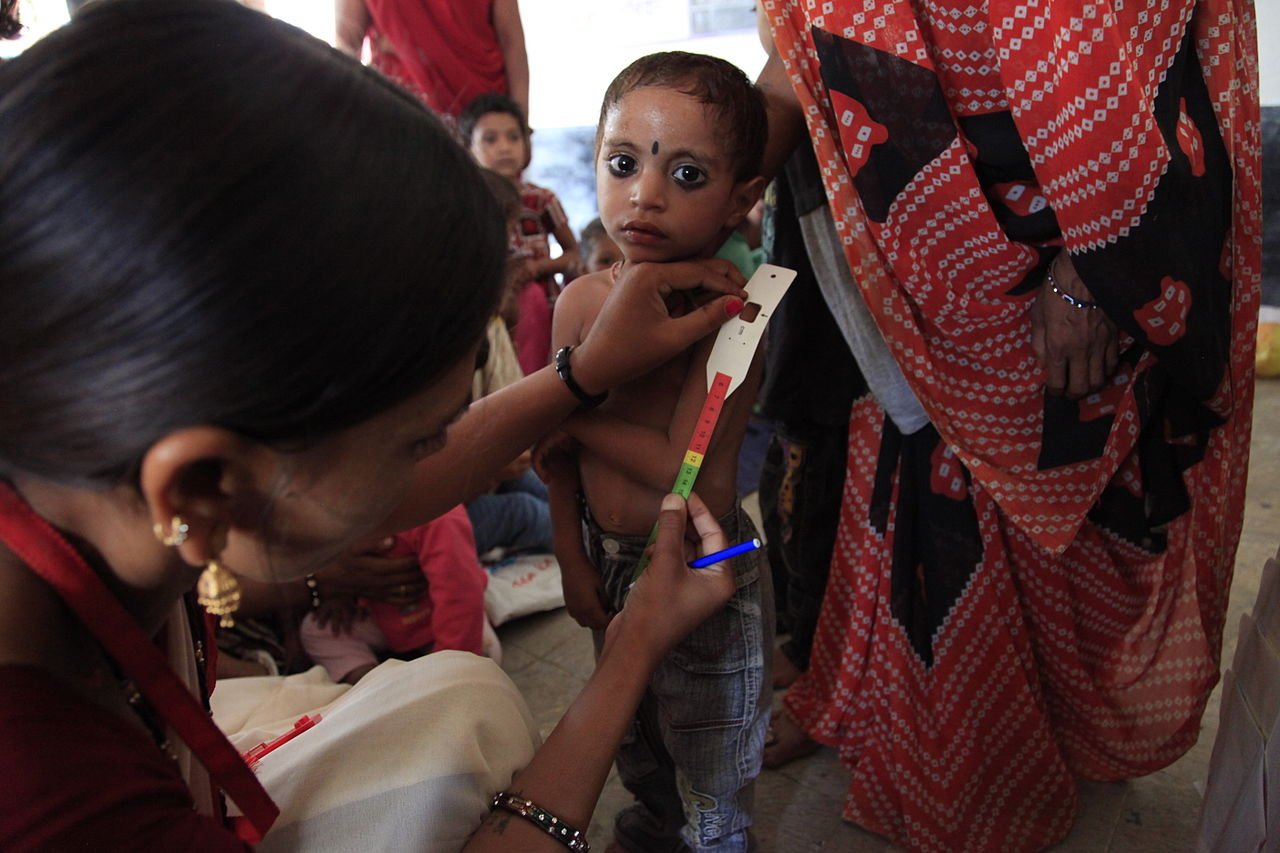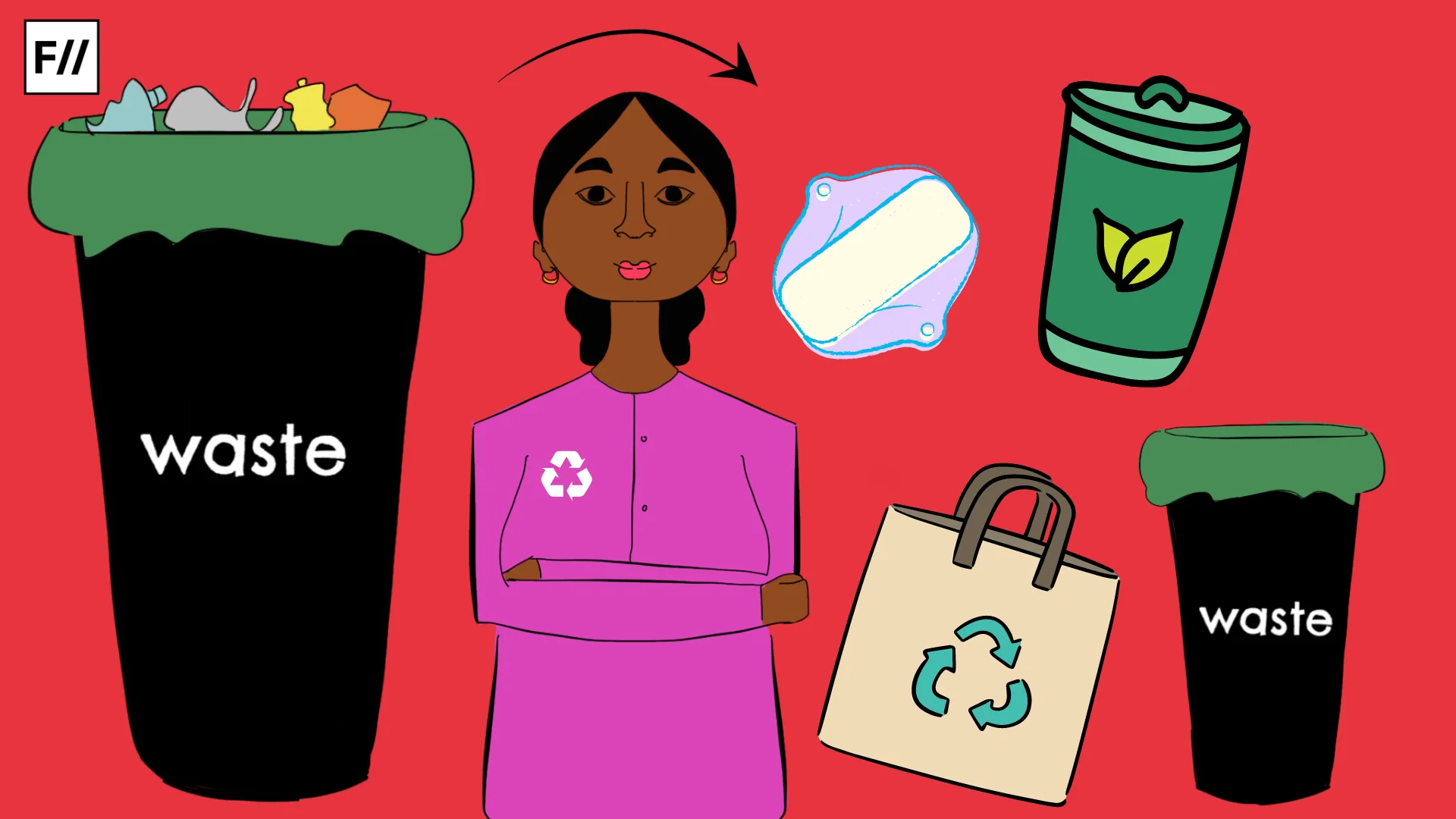In a contentious rebuttal to Harvard study findings, the Union Ministry of Women and Child Development has vehemently refuted claims that 67 lakh children in India are enduring a state of being “zero-food,” children. The study, published in the esteemed JAMA Network Open, sparked controversy as it purportedly overlooked the significance of breastfeeding for infants.
According to a recent report, labelling the article as a “deliberate and malicious attempt” to sensationalise “fake news,” the ministry has launched a spirited defence, challenging the validity and methodology of the study.
According to the ministry’s statement, out of the purported 19.3 per cent of children classified as “Zero Food Children,” by the study, a significant portion had received breast milk. This crucial detail, the ministry contends, was not adequately addressed in the study’s narrative, as only 1.5 per cent of children were reported as non-breastfed.
The Harvard study and zero-food children
The study defines “zero-food children” as those who have not consumed any form of animal milk, formula, or solid or semi-solid foods in the previous 24 hours. The Harvard study published in February 2024 unveiled a troubling statistic, stating, that nearly one in five children in India, amounting to 19.3 per cent, are classified as “zero-food children.” This term refers to those who do not receive any form of solid or semi-solid food.
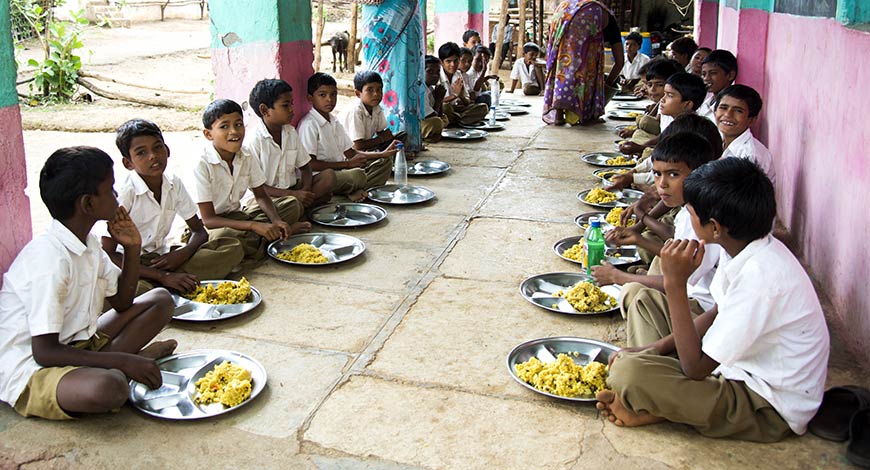
Conducted across 92 low- and middle-income countries, the study places India in a concerning third position in terms of the prevalence of such cases, just behind Guinea and Mali, with 21.8 per cent and 20.5 per cent respectively. This research underscores the critical need for interventions to address the nutritional deficits facing a significant number of children in these countries.
Also, it uncovered a concerning reality: a significant presence of zero-food children in South Asia, notably with 8 million affected, predominantly in India. Following closely behind, West and Central Africa faced a parallel challenge, with 2.9 million children grappling with the same issue. These findings underscore the magnitude of the task at hand, signalling an urgent need for region-specific interventions tailored to address these pressing needs.
The study contributed to monitoring the progress of the Sustainable Development Goals (SDGs) concerning poverty and undernutrition, both prominent aspects of the SDGs. It encompassed a diverse cohort of children from 92 low- and middle-income countries, each at varying stages of economic development and facing distinct challenges in accessing reliable food. Consequently, the study hypothesised significant disparities in the prevalence of zero-food children across these nations.
A closer look at the Ministry’s defence
In the defence, slamming the report, the ministry has raised questions about the scientific rigour of the study, asserting that it lacks a clear definition of “zero-food children” and employs an opaque methodology. Criticising the reliance on single-day recalls from participants, the ministry argues that such an approach may not accurately capture the nutritional status of children over time, said the statement.
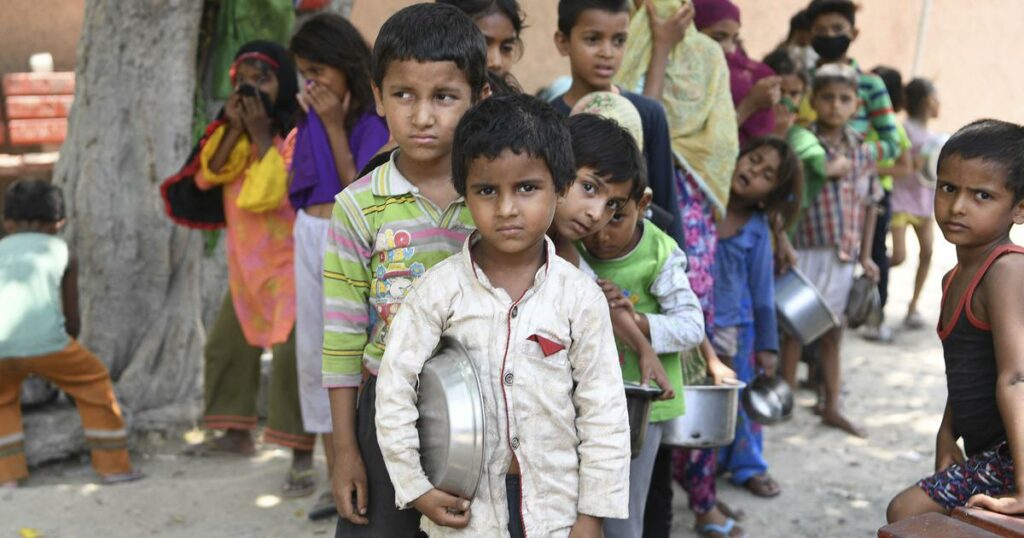
In a bold assertion, the ministry challenges the credibility of the study’s findings by stating that no state government or private organisation in India has ever reported cases of starving children, contrary to the implications drawn by the Harvard study. Furthermore, the Ministry criticised the researchers’ methodology as opaque, citing their reliance on interpreting single-day recalls from purportedly contacted individuals.
“There is no scientific definition of ‘zero food children.’ The methodology followed is opaque and has attempted to interpret single-day recalls by those who were supposedly contacted. No state government or any private organization in India has ever reported about starving children,” the statement said.
The controversy surrounding the Harvard study underscores the complex interplay between academic research, policy formulation, and ground-level realities in addressing issues of child nutrition and welfare in India. As stakeholders debate the veracity of the study’s claims, the focus remains on ensuring the well-being and nutritional security of the nation’s children.
Moreover, as per the report, out of approximately 13.7 crore children in the age group of 6 months to 6 years in India, 8.9 crore are registered at Anganwadi Centres and 95 per cent of them are Aadhaar verified on the Poshan Tracker. As per data of the Poshan Tracker, only about 6.26 per cent are found to be wasted and only 1.9 per cent are severely malnourished added the statement.
Bridging the nutritional divide
As per the research and findings unveiled in JAMA Network Open, in the struggle against global malnutrition, the transition from exclusive breastfeeding to the introduction of solid foods at six months represents a pivotal yet challenging phase for millions of children in low- and middle-income countries. This period is crucial for meeting the increased nutritional demands of growing infants, yet countless young ones face barriers due to socioeconomic, and environmental factors, and a dire lack of access to nutritious foods. The consequence is a widespread cycle of undernutrition that stifles physical and cognitive development, setting a grim stage for future health and well-being.
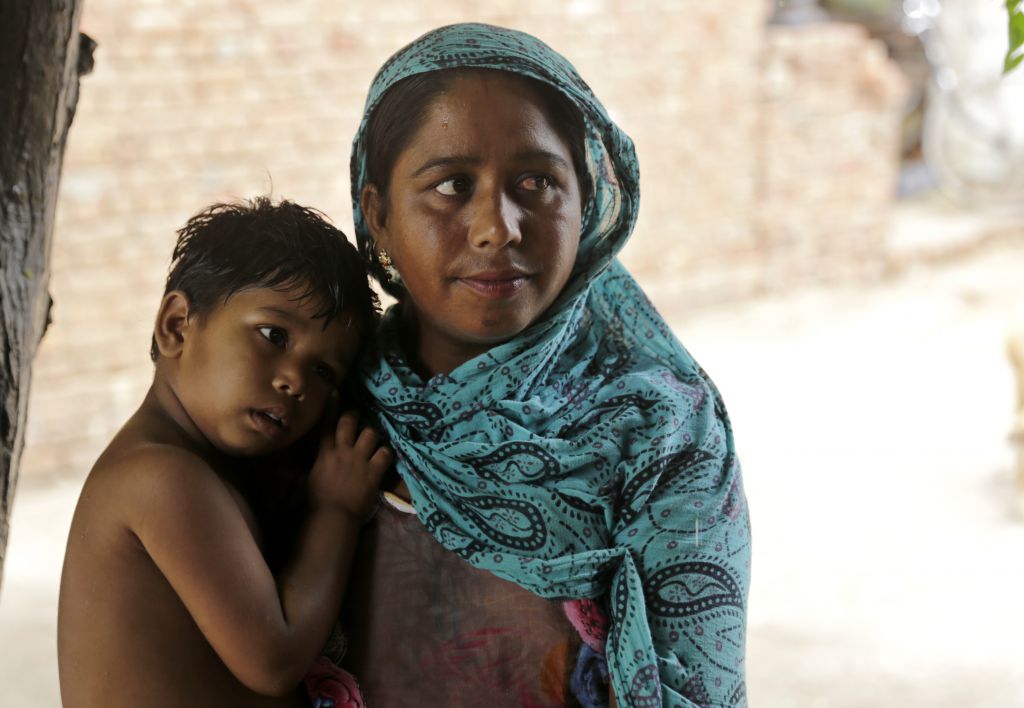
Addressing child nutrition in low- and middle-income countries is not merely a matter of humanitarian concern; it is a crucial investment in the future. The health and strength of a society hinge on the well-being of its youngest members.
In this global endeavour, the time to act is now. The future of countless young lives depends on our collective will to mobilise resources, share knowledge, and implement solutions that bridge the nutritional divide. Together, we can forge a world where every child has the chance to grow, learn, and flourish, the findings mentioned.
As per the authors’ analysis, it is mentioned that the discoveries furnish policymakers with fresh perspectives on the pressing issue of food insecurity, offering a foundation for implementing “evidence-based policies and programs.” These initiatives aim to diminish the prevalence of zero-food children, thereby paving the way for a healthier and more prosperous future for the upcoming generation which is the pressing issue the country is facing.
Amidst all of these fervent debates sparked by the Harvard study’s contentious findings on zero-food children in India, the urgent call for action reverberates with a resounding imperative: the imperative to address this pressing issue for the betterment of the nation. As the Ministry of Women and Child Development challenges the study’s conclusions, the nation stands at a critical juncture, tasked with confronting the complexities of child nutrition and welfare head-on.
Beyond the discord lies a shared commitment to prioritise the well-being of our nation’s children, recognising that their nourishment is not just a moral obligation but a cornerstone of our collective prosperity. The urgency to implement effective policies and interventions resonates with a call to forge a path towards a future where every child can thrive, laying the foundation for a stronger, healthier, and more resilient nation.
